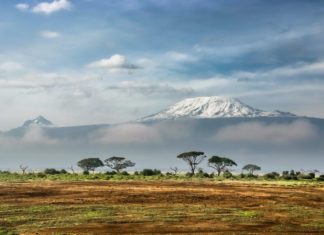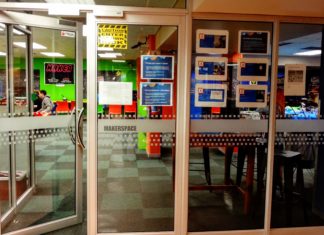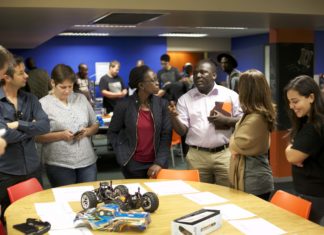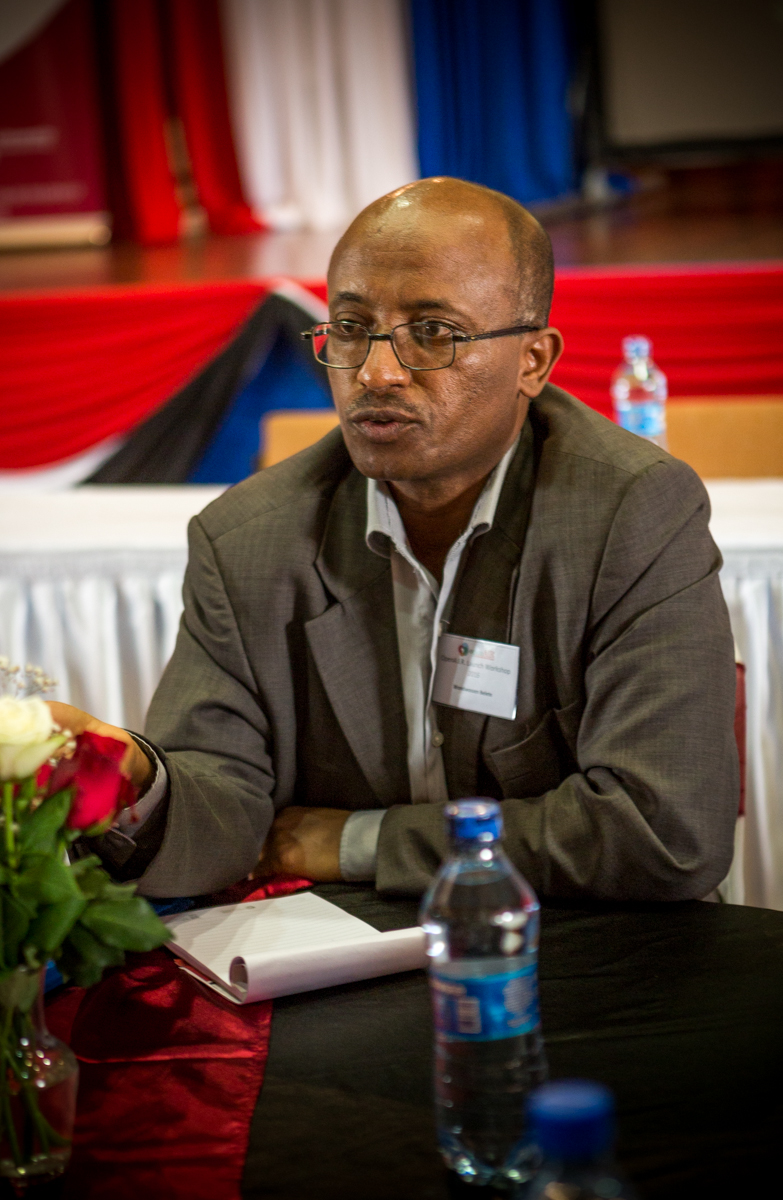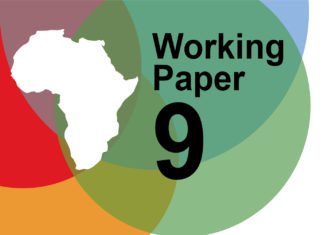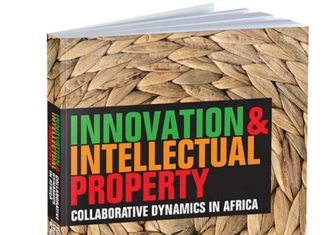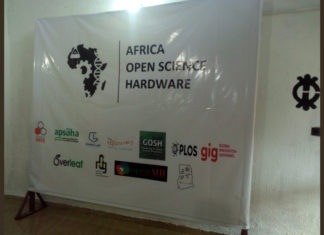Access to Sustainable and Inclusive Energy through Pay-As-You-Go Solar Technologies in...
By Mireille Yeo Wondia
There have been significant global efforts to meet Sustainable Development Goal (SDG) 7 – to ensure access to reliable, affordable and...
Harnessing AI and Big Data for Development in Africa: The Prospects...
By Sileshi Hirko
Putting Africa at the Forefront in Digital Economies
Central to the flourishing digital economies, the transformative power of Artificial Intelligence (AI) and the...
Innovation, Makerspaces, and the Future: A Lesson from the University of...
Creativity is a key ingredient in innovation, and the University of Pretoria’s (UP) makerspace screams it from the moment one arrives; the walls are brightly painted orange and green, there are several large tables surrounded by equally bright chairs, and along the back and side walls lay computers, makerbot 3D printers, and, of course, a coffee machine. Currently, UP is the only South African university with a ‘formal’ makerspace, although many, including the University of Cape Town and Rhodes University, are working to establish their own official makerspaces.
Open AIR hosts South African Maker Movement Workshop
Enthusiasts and researchers gathered on Friday, March 3, 2017 to share research on the growing African maker movement. The workshop was hosted at the Institute for Economic Research on Innovation at the Tshwane University of Technology in Pretoria, South Africa.
The potential of STI for inclusive and sustainable development in Africa:...
By Wondwossen Belete
Late last year, I attended four
events concerning science, technology, and innovation in Africa. I was honored
to be a speaker in three of...
A Scan of South Africa’s Maker Movement
This paper sets out findings from a national scan of maker collectives in South Africa. The scan gathered data on more than 20 maker communities across five South African provinces.
Maker spaces in developing countries: Sites of innovation despite simultaneous challenges
by Mohamed Hosny
In the past few years, there have been several initiatives to help entrepreneurs introduce new creative and innovative products that break from...
Innovation and Intellectual Property: Collaborative Dynamics in Africa
Editors: Jeremy de Beer, Chris Armstrong, Chidi Oguamanam and Tobias SchonwetterPublication Date: 2014Download: Innovation and Intellectual Property: Collaborative Dynamics in Africa (PDF, EPUB)
Innovation and...
Making at AFRICAOSH Summit 2018
By Outlwile Maselwanyane
The first gathering for Africa Open Science & Hardware (AfricaOSH) was hosted by Kumasi Hive innovation hub, Kumasi, Ghana, on April 13-15...
Open AIR at TFi4SD Africa
By Erika Kraemer-Mbula
The 2018 Annual Economic Summit, was organised by the Global Economic Institute in partnership with the Government of the Canary Islands. It...


